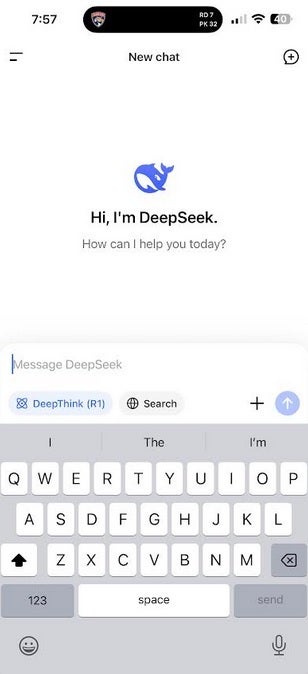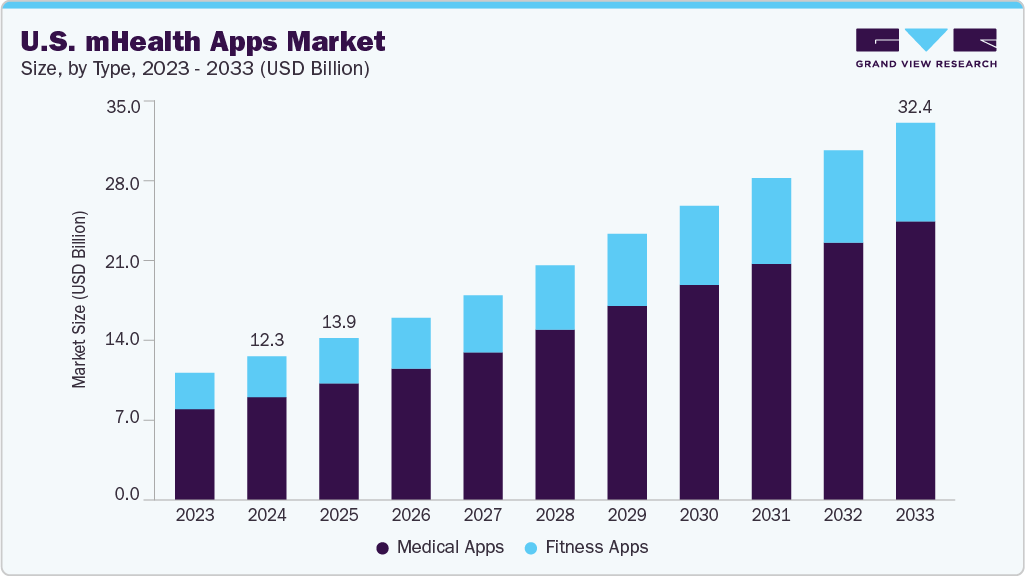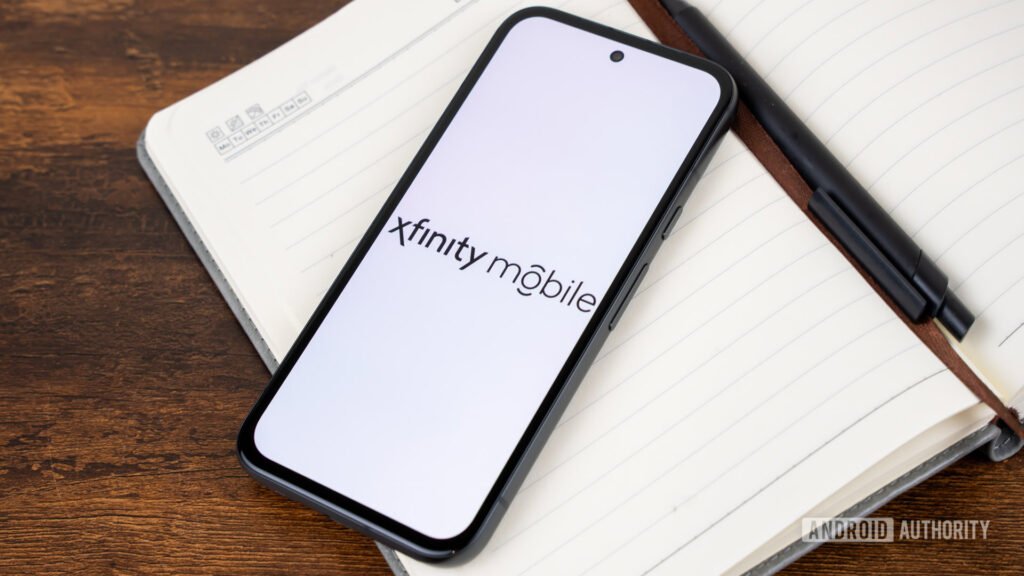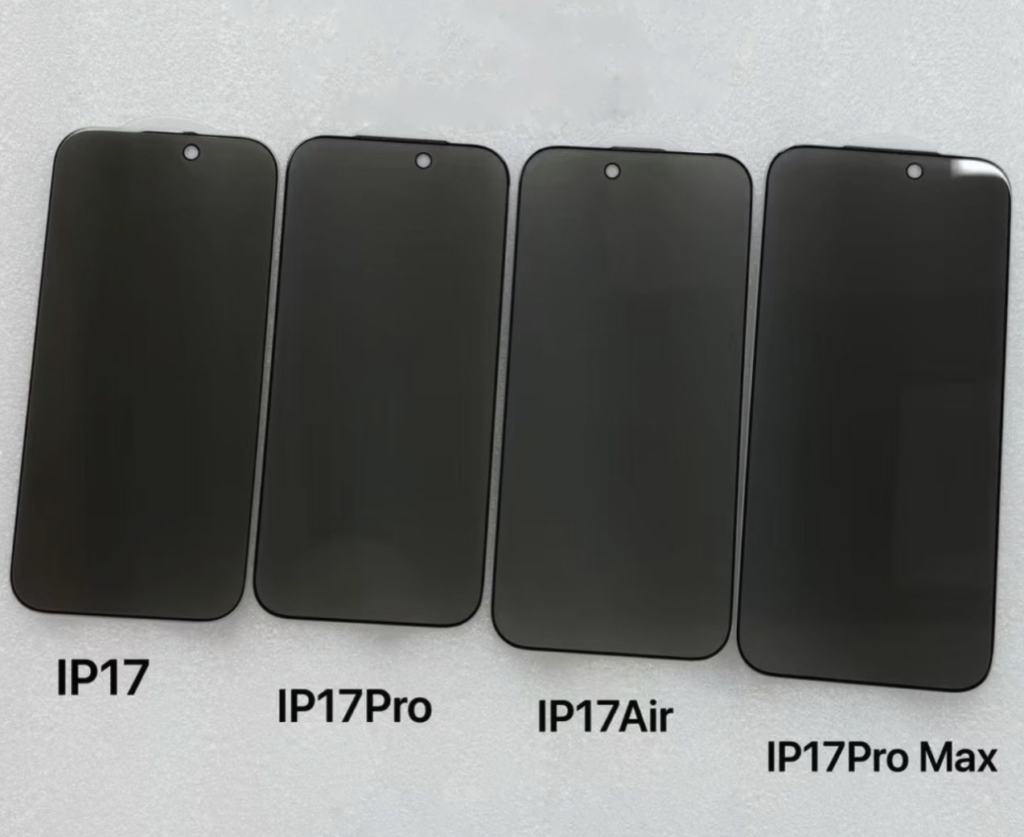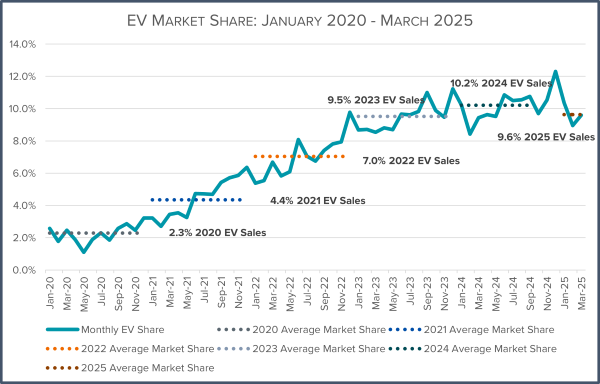Back in January, the AI world was buzzing about China’s DeepSeek AI. The Large Language Model (LLM) was trained for a comparatively low cost of $5.6 million using approximately 2,000 Nvidia H800 GPUs. That is a small percentage of the amount of money spent by OpenAI and Google to develop their LLM models like ChatGPT and Gemini, respectively.
For a brief period of time, DeepSeek became the number one free app in the U.S. App Store surpassing the previous leader, AI LLM app ChatGPT. However, it soon become known that answers were regulated by the Chinese government especially if the response to a query could make China and its government look bad. Additionally, DeepSeek’s own privacy policy revealed that DeepSeek keeps user’s personal data, including user prompts and uploaded files, on servers in China. The country’s intelligence laws allow the government to access these files.
Today, Germany’s top data protection regulator demanded that Apple and Google remove the DeepSeek app from the App Store and Google Play Store respectively. Meike Kamp, Germany’s data protection commissioner, said that she made the request to Apple and Google because DeepSeek transfers users’ personal data to China illegally.
“DeepSeek has not been able to provide my agency with convincing evidence that German users’ data is protected in China to a level equivalent to that in the European Union. Chinese authorities have far-reaching access rights to personal data within the sphere of influence of Chinese companies.”
-Meike Kamp, Germany’s data protection commissioner
Italy and South Korea have already had the DeepSeek app removed from local app stores and in the Netherlands the app has been removed from government devices. But what happens next in Germany? Apple and Google will review the request from Kamp’s team and decide whether they should remove the app from the German App Store or Play Store. Kamp’s office did not give Apple or Google a specific deadline as to when the two tech firms have to reach a decision about the DeepSeek app.
The DeepSeek app for iOS. | Image credit-PhoneArena
Also concerning to U.S. and European lawmakers
is an exclusive report from Reuters that says China’s military and intelligence operations are being aided by DeepSeek. Commissioner Kamp first gave DeepSeek the opportunity in May to meet the requirements for non-EU data transfers or voluntarily withdraw its app. DeepSeek did not comply with the request.
In the U.S., lawmakers plan to introduce a bill that would prevent U.S. executive agencies from using any AI models developed in China. These AI models would include DeepSeek. Right now, those in the U.S. can still install DeepSeek from
the App Store for iOS or
the Play Store for Android.”
